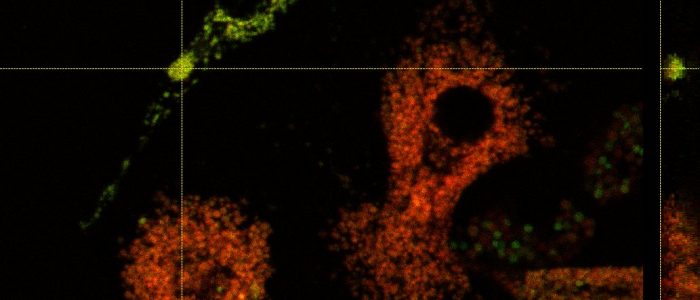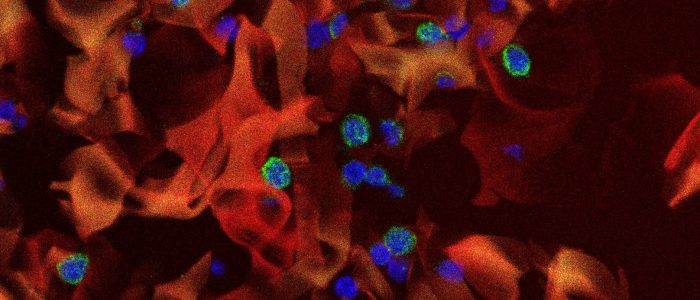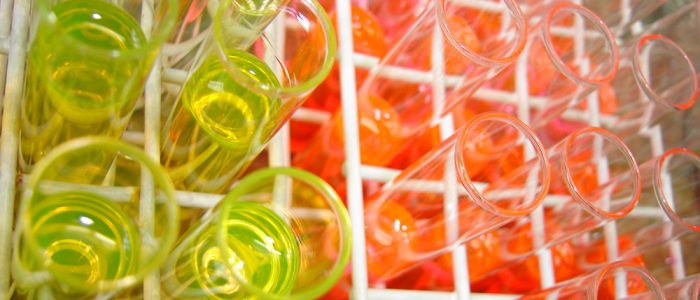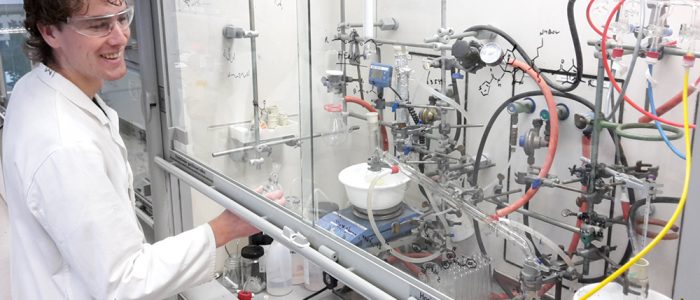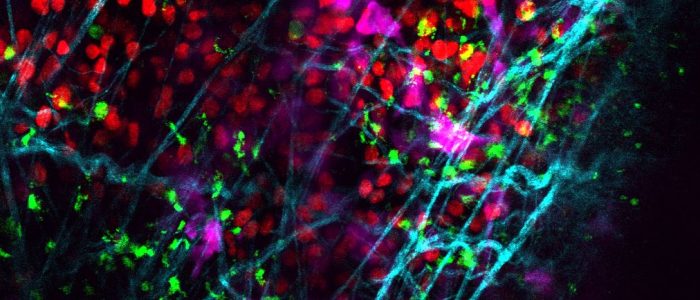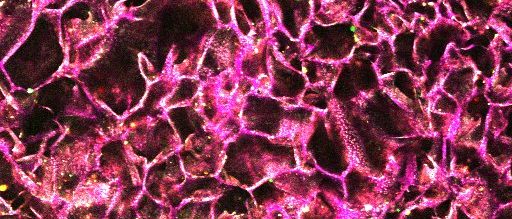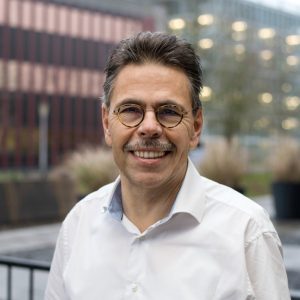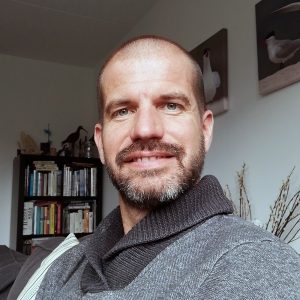In our Chemical Immunology Group we design molecules and materials to study and to manipulate the immune system, with a focus on anti-tumor immunity.
To do so, we try to decipher the ‘blue print’ of immune rosettes composed of dendritic cells (DCs) and T cells, as well as the architecture of lymph nodes to guide us in the design and synthesis of artificial antigen-presenting cells (aAPCs) and injectable immune niches. In order to do so, we equip functionalizable polyisocyanopeptides (PIC) and injectable hydrogels with biomolecules such as peptide-major histocompatibility (MHC) complexes, agonistic antibodies and/or cytokines to activate T cells.
As an alternative approach to activate tumor-specific T cells we aim to develop DC targeted vaccines to deliver tumor antigen and/or immune activating adjuvants to specific DC subsets. Poly(lactic-co-glycolic acid) (PLGA) nanovaccines have been developed and current efforts are aimed at translating this PLGA based nanomedicine platform towards the clinic. We are also developing antibody-based single-molecule conjugate vaccines. To achieve this we have established a CRISPR/HDR hybridoma engineering platform to produce antibody-derived products with desirable properties, such as chimeric and optimized mutant isotypes, as well as tags for site-specific modification and purification.
We aim to develop molecules and materials responsive to chemical cues present in the tumor microenvironment to achieve immunomodulation of the immunosuppressive tumor microenvironment to prepare the tumor for the invasion of tumor specific effector immune cells, such as cytotoxic T cells which have been induced by our DC targeted vaccines or aAPCs. To study the effect of these immunotherapeutic interventions we develop antibody- and small molecule-based multimodal, multiscale and ‘smart’ imaging tools.
Chemical Immunology Team Members
Group leaders
PhD Students
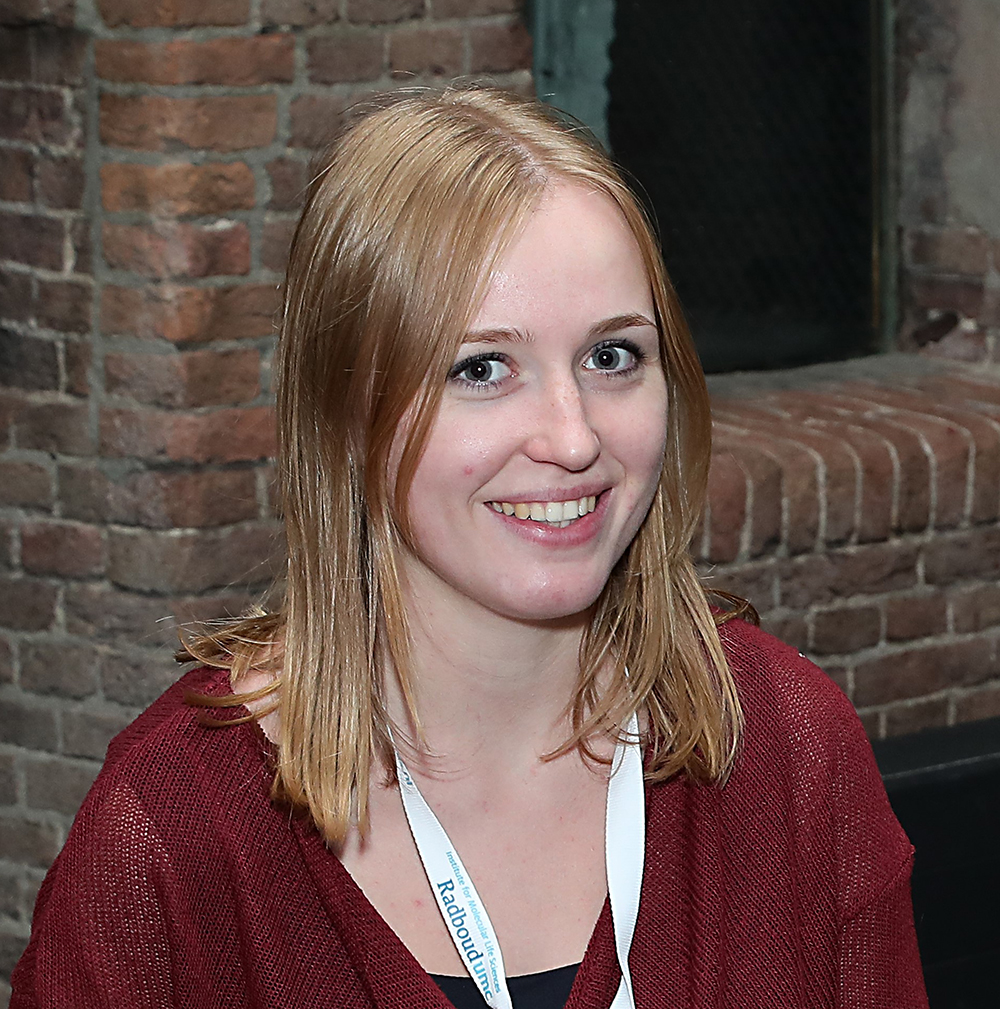
Anouk Becker
Anouk obtained her Master’s degree in Molecular Mechanisms of Disease from the Radboud University Nijmegen in 2018. Her
passion for immunology became apparent during her Bachelor internships in Brisbane and Nijmegen, in which she worked on
dendritic cell subsets. For her first master internship she joined the Verdoes Lab and discovered the exciting interdisciplinary
field of chemical immunology. She wrote her master thesis at Harvard Medical School in Boston, focusing on the role of an
AMPylase in antibody folding and secretion. For her PhD, she wrote a project together with Dr. Verdoes and Prof. de Vries that
combines her interest for dendritic cells with chemical immunology. She aims to develop chemistry-based delivery systems to
modulate immunosuppressive cells in the tumor microenvironment.
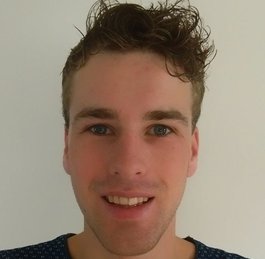
Floris van Dalen
Floris van Dalen obtained his Master’s degree in Chemistry at the University of Leiden in 2017. His Master thesis focused on
using chemical tools to elucidate the molecular wheelwork of retrograde signaling in the endocannabinoid system. His
doctoral thesis will concentrate on the development of small molecule inhibitors targeted at cysteine cathepsins. These
endo/lysosomal proteases are highly upregulated in tumor-associated immune cells and play a pivotal role in tumorigenic
processes as proliferation, invasion and metastasis. The primary aim of the project is to exploit this elevated cathepsin-activity
to conceive a self‑regulated drug delivery system.
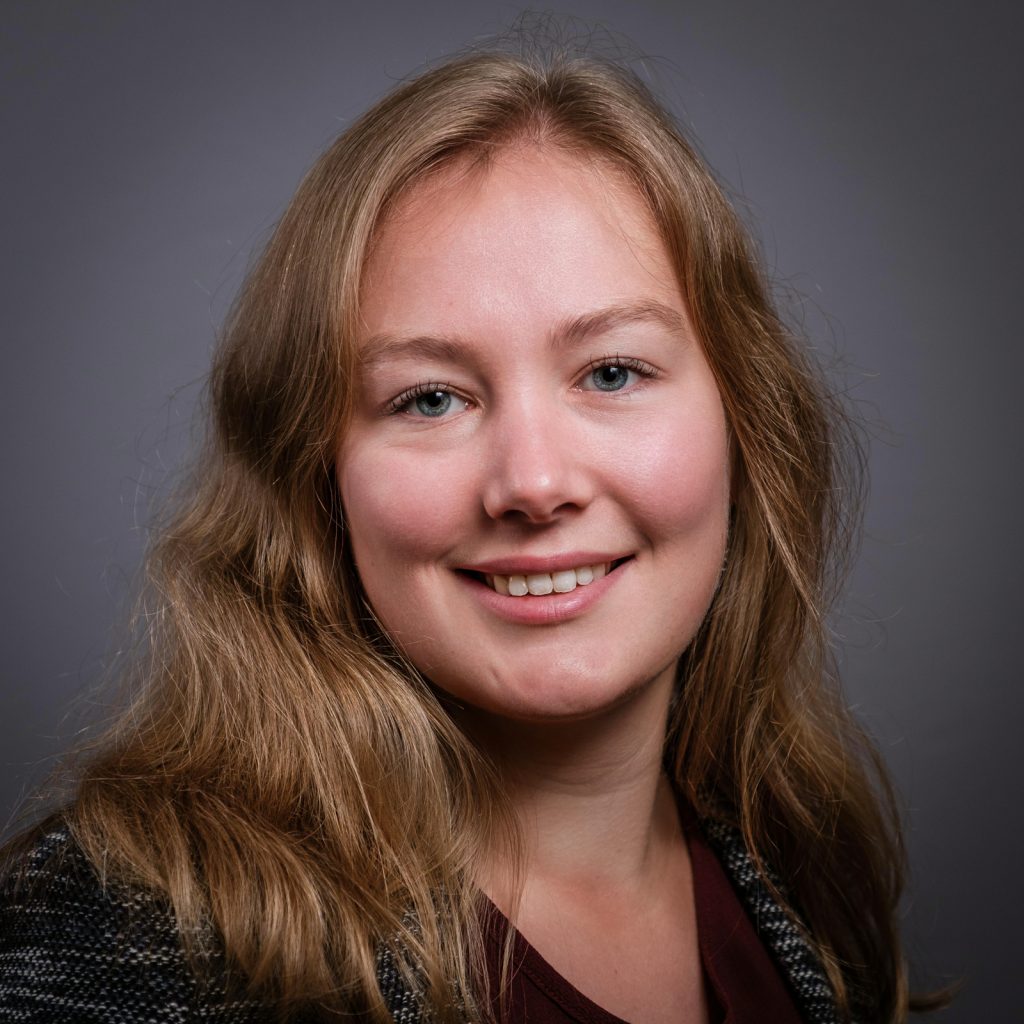
Marjolein Schluck
Marjolein obtained her master’s degree Biomedical Sciences from the Radboud University Nijmegen in 2018. Fascinated by
the interplay between the immune system and cancer, she joined the Cancer Immunology Unit at the Telethon Kids Institute
in Perth Australia for her first master internship. During this internship she worked on the effect of the chemotherapeutic
drug cisplatin on different immune cells, with a focus on T cells. During her second internship she joined the department of
Tumor Immunology at the Radboud University, where she encountered the exciting field of chemical immunology. During
this internship she further focussed her research on the development of artificial antigen presenting cells (aAPCs) for
antigen-specific T cell activation. Following this internship, she started her PhD research with Prof. Carl Figdor in 2018
focusing on biomaterial-based scaffolds and aAPCs for potent anti-tumor T cell activation.
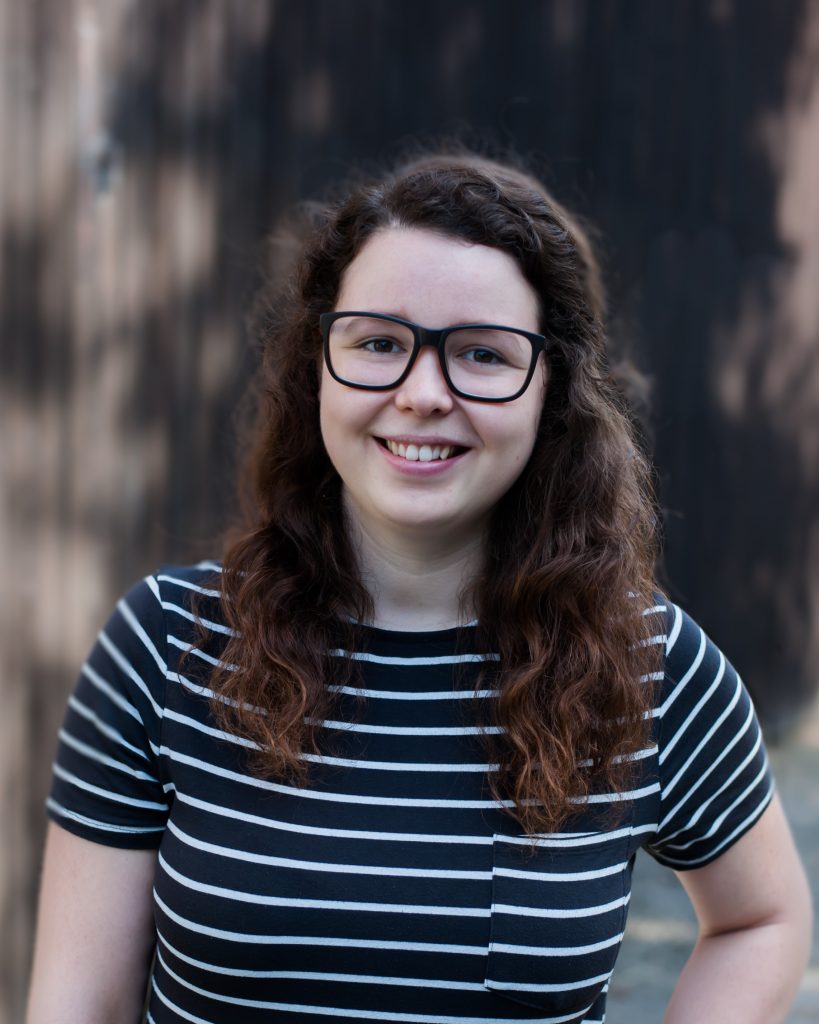
Maren Pfirrmann
Maren obtained her master’s degree in Molecular Mechanisms of Disease at the Radboudumc and Radboud Institute for Molecular Life Sciences in 2020. During her studies, she joined the group of Prof. Carl Fidgor working on synthetic immune niches to modulate T cells. Fascinated by the use of chemical immunology for therapy, she then joined the group of Joost Lesterhuis at the Telethon Kids Institute in Perth, Australia for her second master internship. There, she worked on studying the effect of therapeutic hydrogels on immune cells. Following her internship, she started her PhD project in the group of Dr. Martijn Verdoes focusing on setting up a 3D human tumor microenvironment model with patient-derived organoids, macrophages and fibroblasts. With this co-culture model, Maren aims to discover new compounds that can be used to remodulate the tumor microenvironment.
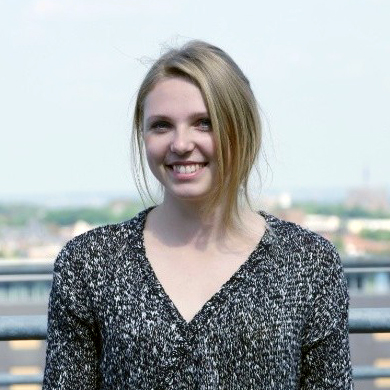
Lea Weiss
Lea obtained her master’s degree in Molecular Mechanisms of Disease at the Radboudumc and Radboud Institute for
Molecular Life Sciences in 2019. Following her interest in the field of cancer immunotherapy, Lea joined the group of Prof.
Dr. Parish for her internship on the combination of radio- and immunotherapy at the John Curtin School of Medical Research
in Australia. Inspired by the use of nanovaccines to stimulate immune cells, Lea started her PhD project in the group of Prof.
Carl Figdor in 2019. In this project, Lea aims to generate immunofilaments that mimic natural antigen-specific cells (APCs) in
their ability to stimulate T cells.
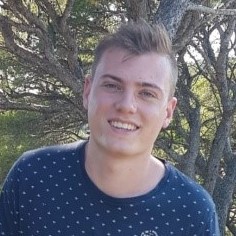
Zach Wijfjes
Zach obtained his Master’s degree in Molecular Life Sciences with a specialization in Chemistry of Life at the Radboud
University in October 2020. In his first Master’s internship, he focused on synthesizing a compound library of the natural
methyltransferase inhibitor Tanshinone I to perform a structure activity relationship study. In his second Master’s internship,
he worked on a targeted cathepsin probe to study endosomal pathways in dendritic cells. His interests in organic chemistry
and immunology are now combined in his PhD, in which targeted delivery of various bioconjugates to dendritic cells are
utilized to study endosomal pathways, and elicit specific antitumor immune responses.
Postdocs
Roel Hammink
Yingxin Yu
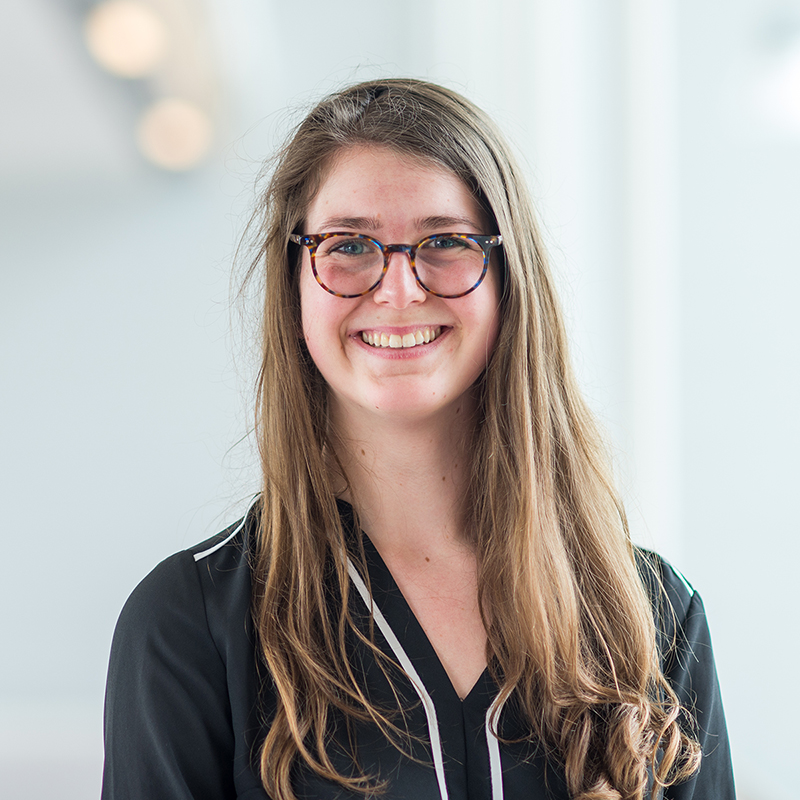
Camille Le Gall
Originally from Paris, France, Camille obtained in 2017 her MSc in Immunology from the University Pierre and Marie Curie
and her engineering degree from AgroParisTech. During a master internship in 2015 at the Whitehead Institute (Boston), she
became fascinated by immunology, while gaining experience in working with single domain antibodies. She wrote her
master thesis at Harvard Medical School, focussing on understanding immunomodulatory mechanisms in the liver. During
her PhD, she is interested in developing novel vaccination strategies to improve anti-tumor immune responses.
Technicians
Eric van Dinther
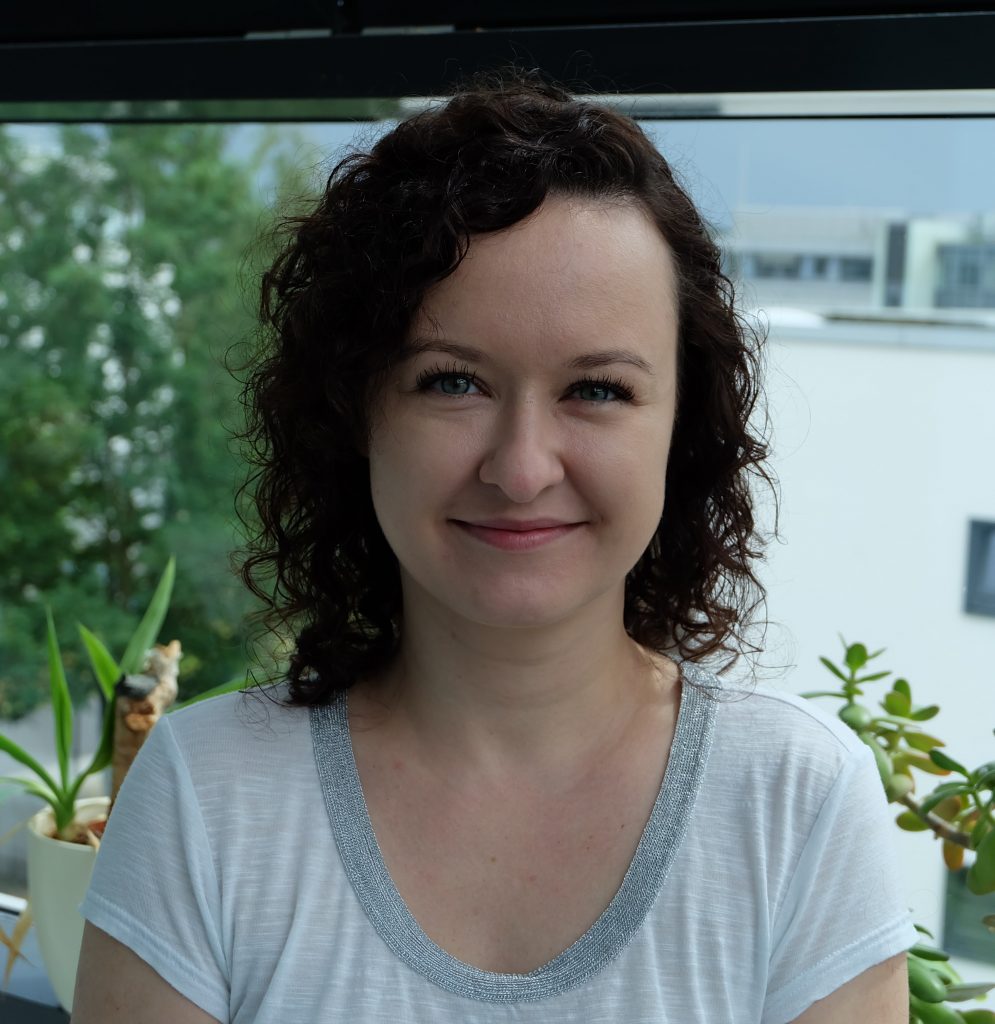
Emilia Grad MScEng
– background: molecular biotechnologist
– main focus: protein production (MHC)
Former team members
Yusuf Dolen
Roel Hammink
Olga Ilina
Bas Pilzecker

Felix Fennemann
Felix Fennemann obtained his Master Degree in Molecular Mechanisms of Disease from the Radboud University Nijmegen
and Institute for Molecular Life Sciences in 2016. He discovered his passion for tumor immunology and immunotherapy
throughout internships in Nijmegen on dendritic cells and dendritic cell vaccines. He wrote his masterthesis at the Cancer
Center Karolinska in Stockholm about modulation of the immunosuppressive tumor microenvironment as a novel anti-cancer
therapy. In his PhD, Felix is working at the intersection of immunology, genetics and chemistry and explores possibilities for
the development of smart, personalized anti-cancer therapeutics.
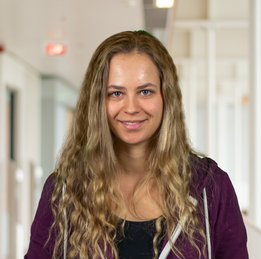
Iris Hagemans
Iris obtained her BSc in Chemistry at Radboud University Nijmegen and her MSc degree in Chemistry at Leiden University in
2015. She performed an organic synthetic internship at the department of Medicinal Chemistry (Leiden University) and a cell
biology internship at OncoRay in Dresden, an institute for Research in Radiation Oncology. The ultimate goal was always to
combine chemistry and biology, since she believes that when the two come together, that’s where the magic happens.
In her PhD project she is working on a molecular toolbox for developing novel and improved checkpoint inhibitors.
Checkpoint inhibitors block immunosuppressive signals generated by tumor cells. However, the systemic character of this
type of therapy has a significant drawback: it elicits auto-immune reactions. The goal of the current project is to generate
optimized molecular immune checkpoint-inhibitory approaches.
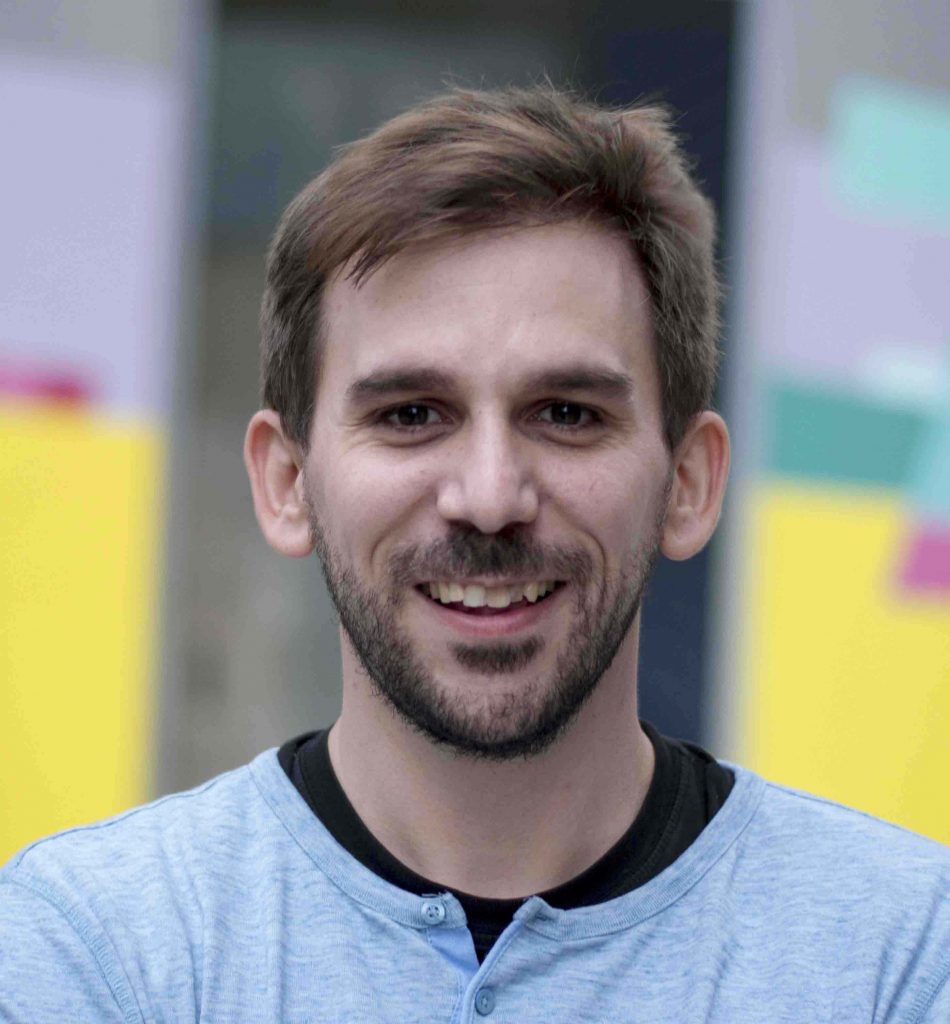
Iván Ramos-Tomillero, PhD
Iván obtained his Ph.D. (2016, Cum Laude) in Organic chemistry at the Institute for Research in Biomedicine (IRB/UB), focused on the
development of new linkers for antibody-drug conjugates. Afterward, he did his first postdoc at the University of Barcelona (2016-2018) for the
hit-to-lead optimization of peptide-based drugs. After a one year gap from research working as a scientist project lead for the process
development and manufacturing of GMP peptides for clinical trials at ChemConnection/Ardena (Netherlands), he joined Martijn Verdoes group in
2019 for the development of multifunctional antibody conjugates for cancer immunotherapy. With experience in Organic peptide and protein
chemistries, his research interests are focus on the development of chemical tools for antibody-conjugates and drug delivery systems.
